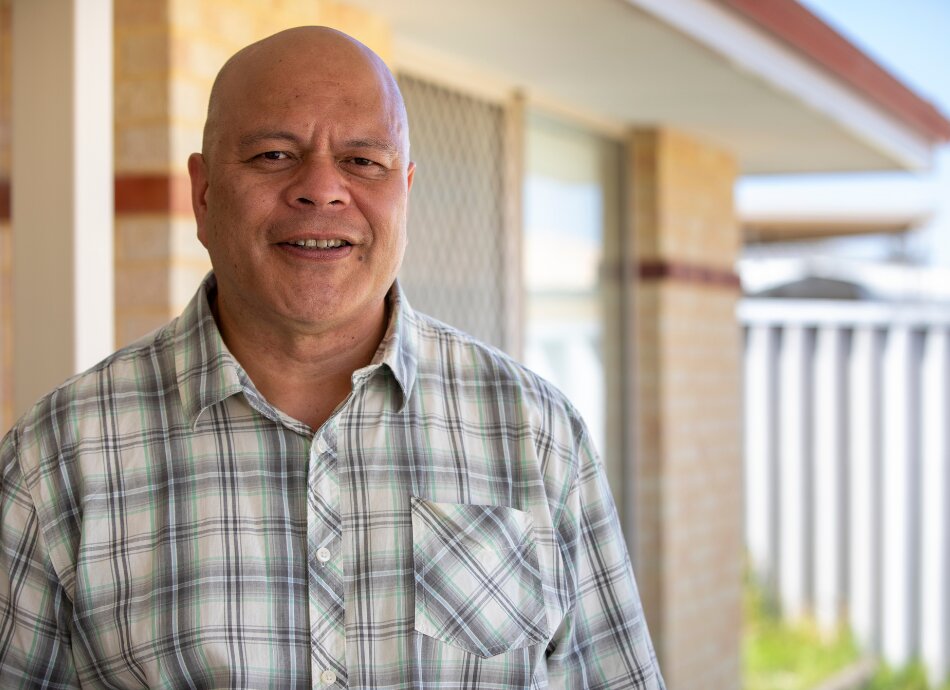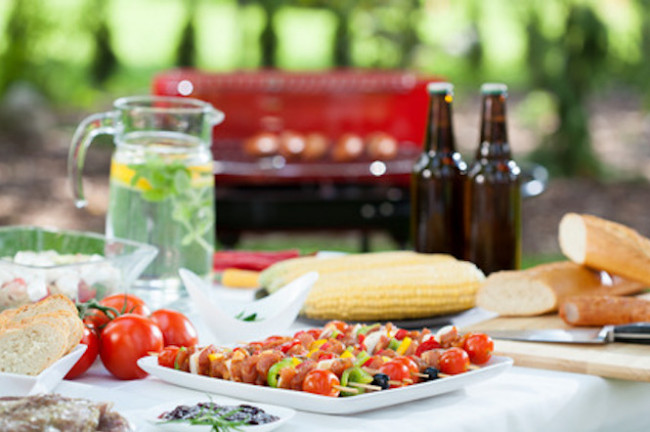Drinking alcohol can affect diabetes in a few ways.
Alcohol increases your chances of low blood glucose
- If you take insulin or certain diabetes tablets, alcohol can cause low blood glucose (hypoglycaemia) for up to 24 hours after drinking.
- This is because alcohol stops your liver from releasing glucose when your blood glucose level goes low.
Alcohol can make it harder to tell when your blood glucose is low
- It can make you feel lightheaded, dizzy and drowsy. These are similar to the symptoms you may feel if your blood glucose is too low.
- Having low blood glucose can be confused with being drunk.
Alcohol can make nerve damage worse
- If you have nerve damage related to diabetes, drinking alcohol can make it worse.
- It can also increase pain, numbness or tingling sensations.
Alcohol can make it harder to manage your weight
- This is because alcohol can have a lot of calories.
For most people, this doesn’t mean you can’t drink alcohol. But talk to your healthcare team. They can help you work out what’s right for you. This is especially important if you take medicines that can cause low blood glucose like insulin or sulphonylureas like glicazide or glipizide.







